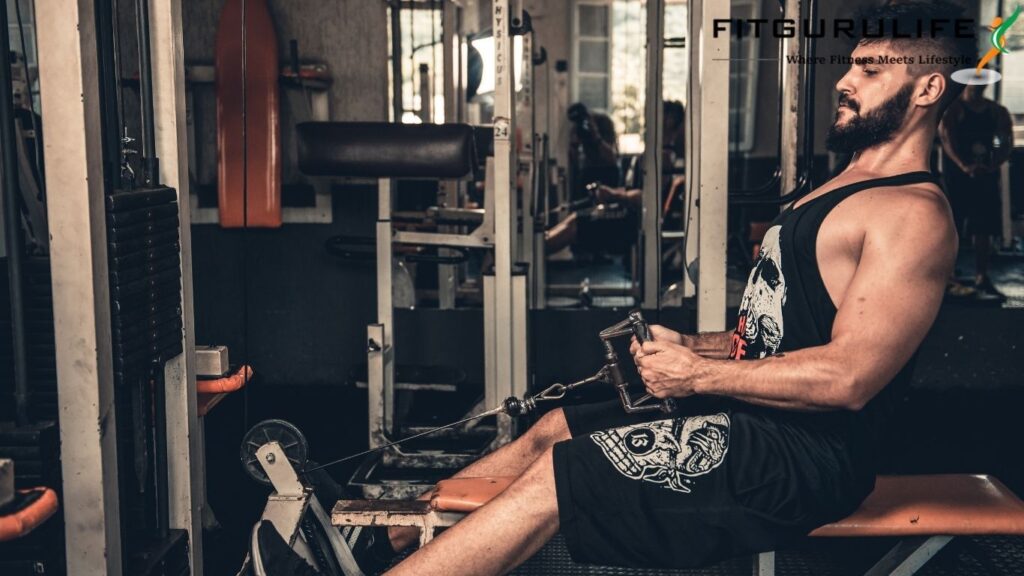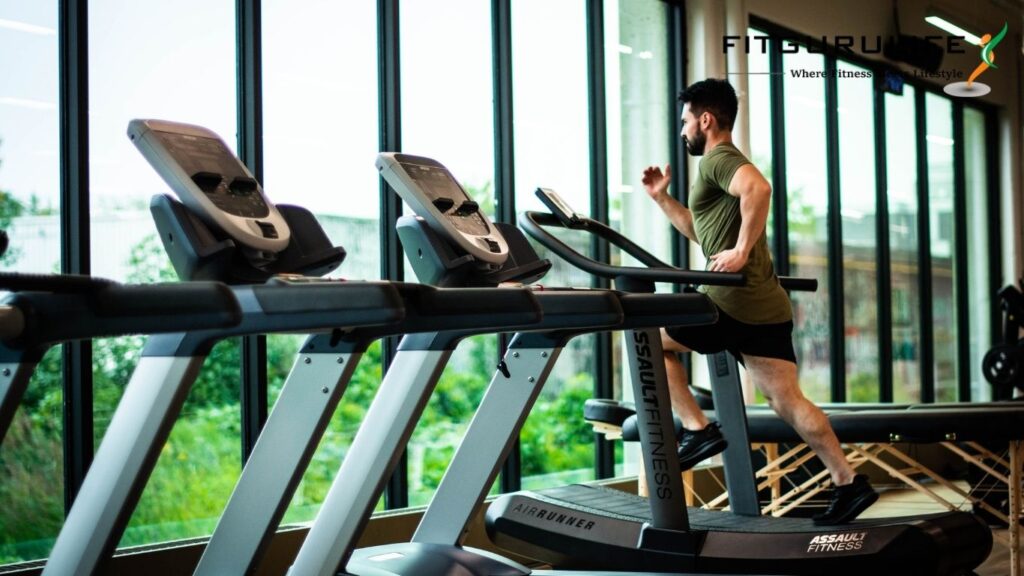Bodybuilding, a sport dedicated to the development and sculpting of the human body, has gained immense popularity over the years. People engage in this activity for various reasons, such as improving physical appearance, enhancing muscle strength, and boosting overall health and fitness. However, with its myriad benefits, bodybuilding comes with its set of risks, primarily in the form of injuries. The importance of recognizing these risks and taking preventive measures cannot be overstated.
Common Injuries in Bodybuilding
Sprains and Strains: One of the most common injuries bodybuilders face are sprains and strains. Sprains involve the stretching or tearing of ligaments, while strains involve muscles or tendons. Both of these injuries often occur due to inadequate warm-ups, improper lifting techniques, or lifting weights that are too heavy.
Tendonitis: This injury involves inflammation of the tendons, which are tissues connecting muscles to bones. Tendonitis is common in bodybuilders due to repetitive movements and overuse of specific muscle groups.
Fractures: Fractures occur when there is a break in the bone. In bodybuilding, fractures are often the result of accidental drops of weights or using improper techniques while lifting heavy weights.
Rotator Cuff Injuries: The rotator cuff, a group of muscles and tendons that surround the shoulder joint, is susceptible to injuries in bodybuilders due to the significant stress placed on the shoulder joint during various exercises.
Lower Back Injuries: The lower back is another common area prone to injuries, such as herniated discs and muscle strains, due to the heavy loads often lifted in bodybuilding.

Preventing Injuries in Bodybuilding
The prevention of injuries in bodybuilding is multifaceted and involves attention to various aspects, such as technique, warm-up, nutrition, and rest.
Proper Technique: The foundation of injury prevention in bodybuilding lies in the correct execution of exercises. It is essential to learn the proper techniques and form for each exercise, especially those involving heavyweights. Consulting with a professional trainer or coach can be invaluable in ensuring you are performing exercises correctly.
Adequate Warm-Up: A proper warm-up is crucial to prepare the body for the physical stresses of bodybuilding. A good warm-up routine should include light cardio exercises followed by dynamic stretching to increase blood flow and flexibility in the muscles that will be worked during the workout.
Gradual Progression: It is essential to progress gradually in bodybuilding, especially when increasing weights. Jumping to heavier weights without adequately preparing the body can lead to serious injuries. It is advisable to increase weights gradually, giving the muscles, tendons, and ligaments time to adapt to the increased load.
Rest and Recovery: Rest and recovery are vital components of any successful bodybuilding program. Overtraining can lead to injuries, as the body needs time to recover and rebuild after intense workouts. Incorporating rest days and ensuring adequate sleep are essential to prevent overtraining injuries.
Nutrition: Proper nutrition plays a critical role in injury prevention. Adequate intake of essential nutrients, such as protein, vitamins, and minerals, is necessary for muscle recovery and overall health. Hydration is also crucial, as dehydration can impair performance and increase the risk of injuries.
Cross-Training: Engaging in cross-training activities can also be beneficial in preventing injuries. Cross-training involves incorporating different types of exercises, such as swimming, cycling, or yoga, into your workout routine. These activities can help improve overall fitness, flexibility, and balance, which can, in turn, reduce the risk of injuries.
Listen to Your Body: It is crucial to listen to your body and be mindful of any signs of fatigue, discomfort, or pain. Pushing through pain can exacerbate injuries and lead to more severe problems in the long run. If you experience any pain or discomfort, it is advisable to rest and consult with a healthcare professional.

Conclusion
Bodybuilding, while immensely beneficial, is not without its risks. Injuries such as sprains, strains, tendonitis, fractures, and rotator cuff injuries are common in this sport. However, by taking preventive measures, such as learning proper techniques, incorporating adequate warm-ups, progressing gradually, ensuring proper nutrition, and allowing time for rest and recovery, bodybuilders can significantly reduce their risk of injuries. Remember, the key to a successful bodybuilding journey is not only about pushing your limits but also about understanding and respecting the limitations of your body. By doing so, you can enjoy the numerous benefits of bodybuilding while minimizing the risks and ensuring a long and healthy journey in the sport.
Also Read: The Heavy Truth: Debunking the Myth that Only Heavy Weights Build Musclehttps://fitgurulife.com/2023/10/19/the-heavy-truth-debunking-the-myth-that-only-heavy-weights-build-muscle/
